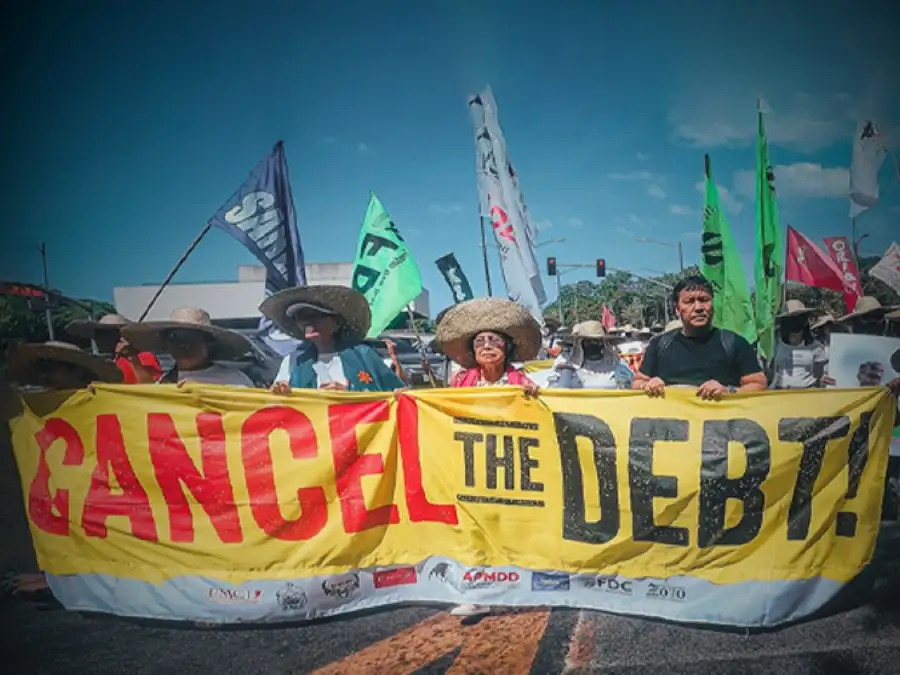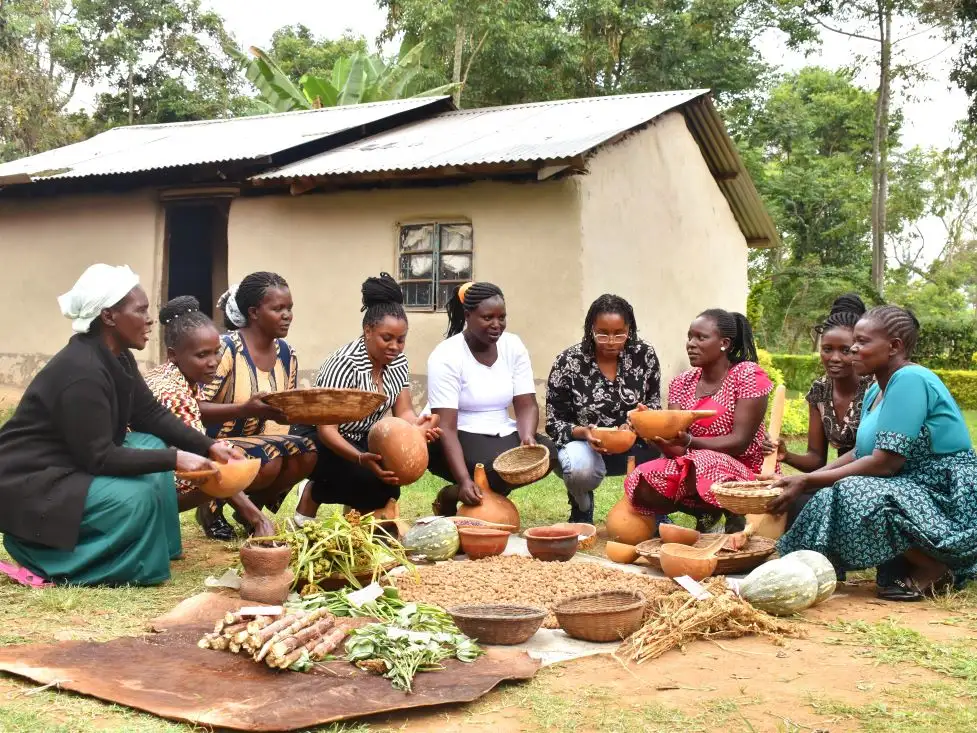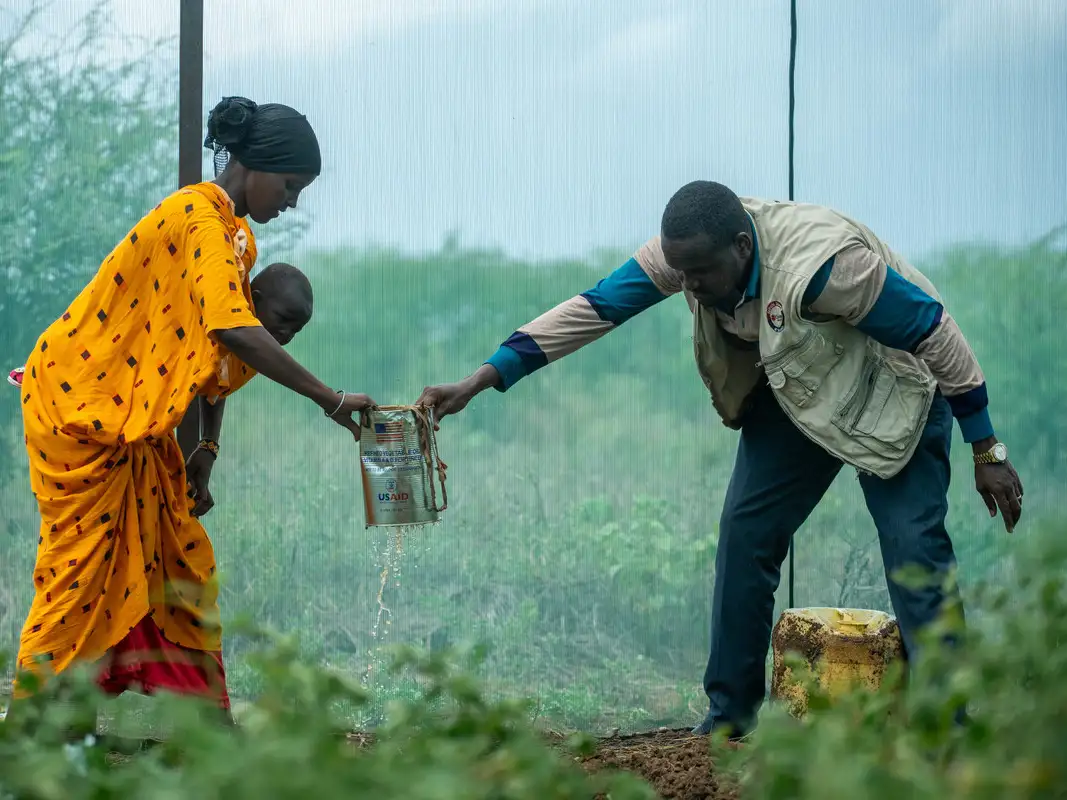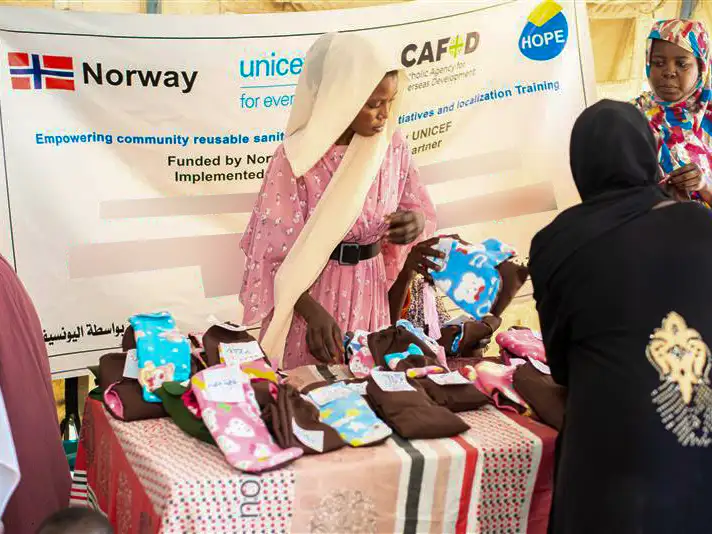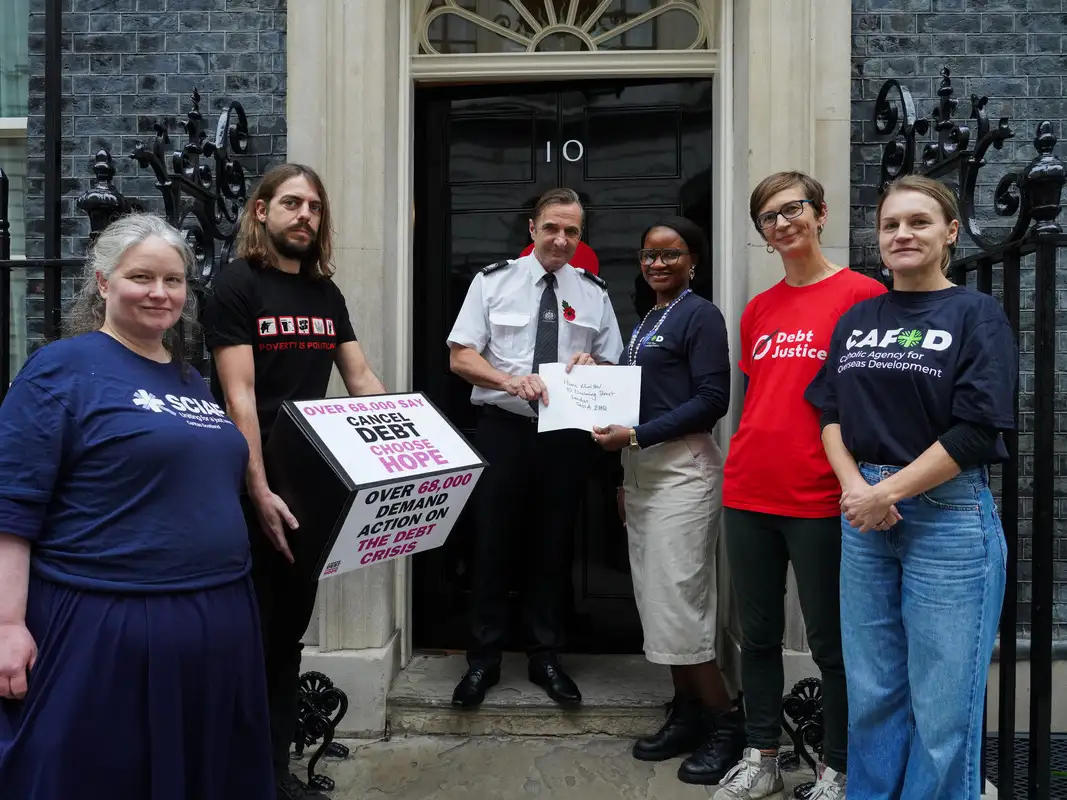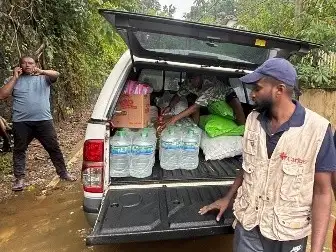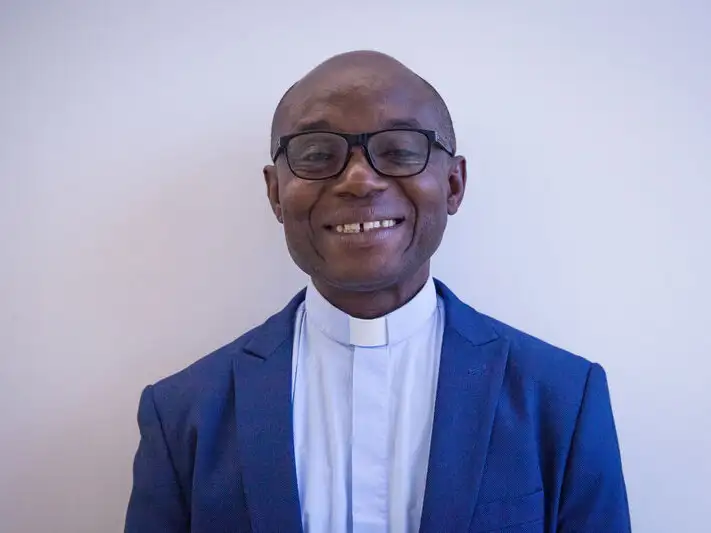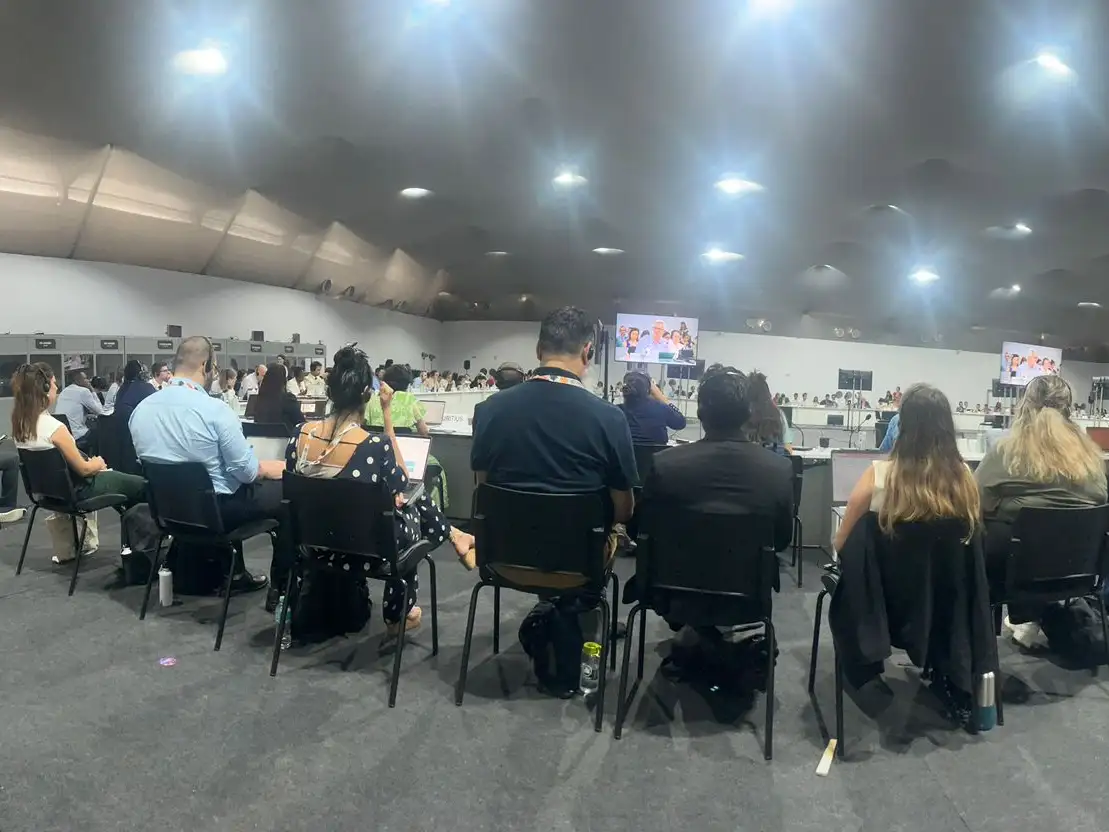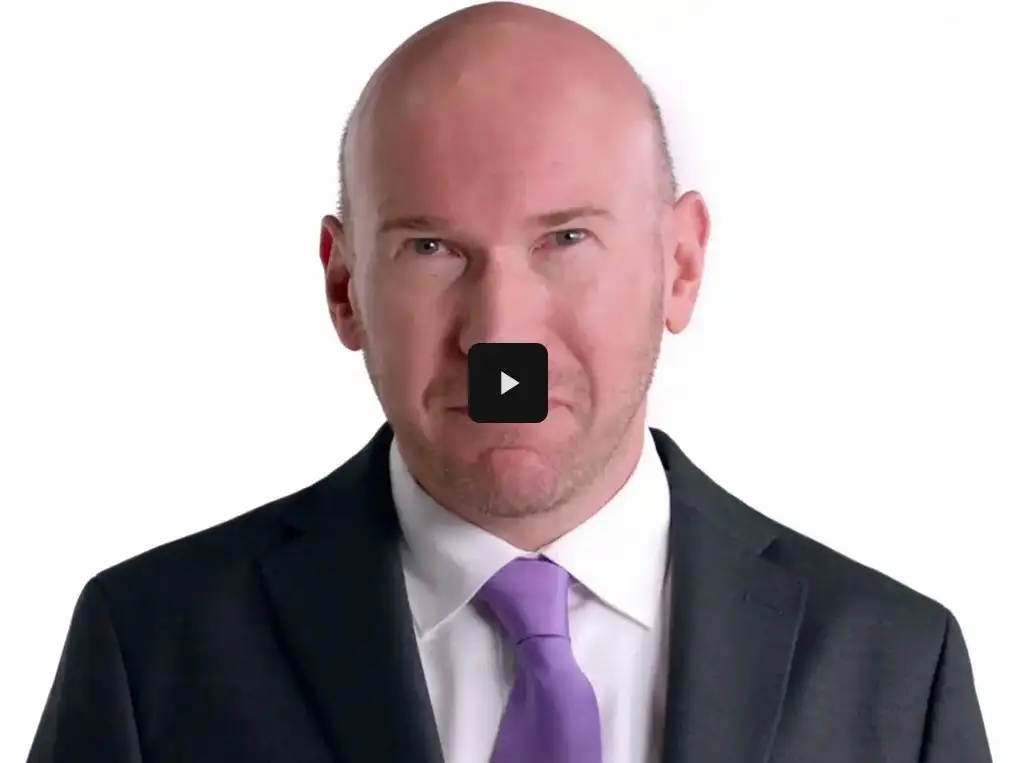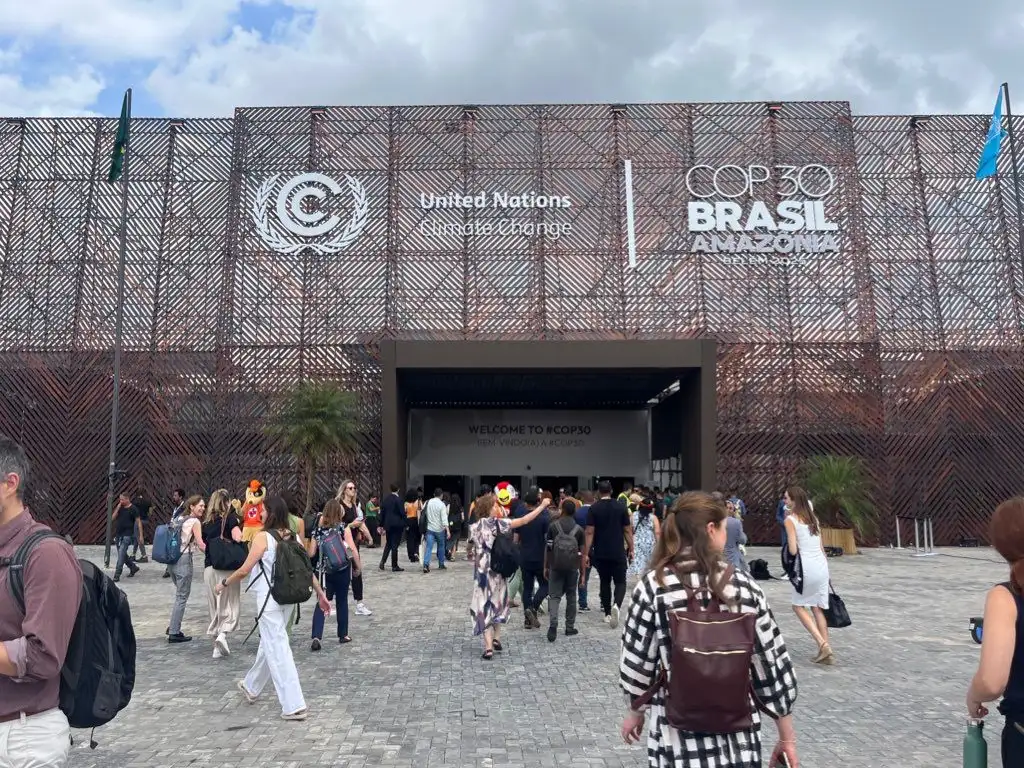

Young female Indigenous leaders are learning how to use drones to monitor and report to authorities on deforestation in the Brazilian Amazon. Credit: Evilene Paixao, Partner Hutukara Yanomami Association (HAY)
On 10 December we celebrate Human Rights Day, a day observed worldwide to commemorate the anniversary of the United Nations’ adoption of the Universal Declaration of Human Rights. This landmark document enshrines the fundamental freedoms and protections that belong to every human being, regardless of their race gender, religion, age or any other status. These human rights are universal and inherent to all mankind.
The theme for Human Rights Day 2025 is 'Human Rights: Our Everyday Essentials'. In a context of global turbulence and unpredictability, Amnesty International warns us of a worldwide human rights crisis. This Human Rights Day, CAFOD reaffirms its commitment to the universal human rights values, reminding ourselves that human rights are attainable and essential for humanity, and that it is our duty as Christians to join the fight and stand with those defending human rights. As Pope Benedict XVI said in Deus Caritas Est, the pursuit of justice is "intrinsic to the very nature of the Church".
Defending fundamental human rights requires courage and determination (…) Let us pray that those that risk their lives fighting for fundamental rights in dictatorships, in authoritarian regimes and also in democracies in crisis, so they can see their sacrifice and their work give abundant fruit.
Rise in authoritarian regimes
A global rise in authoritarian regimes has put many democratic institutions under threat, resulting in a decline in the respect of human rights and civil liberties around the world and a rise in attacks and assassinations of human rights defenders.
Across many countries where CAFOD works, there has been a decline in freedom of expression and vicious clampdowns on dissent around the world. Intimidation, arrests, detentions and a culture of fear led by political regimes represent significant challenges for human rights defenders. In this climate of repression, those who speak out against injustice and human rights abuses are often silenced and criminalised.
Human rights defenders in Latin America
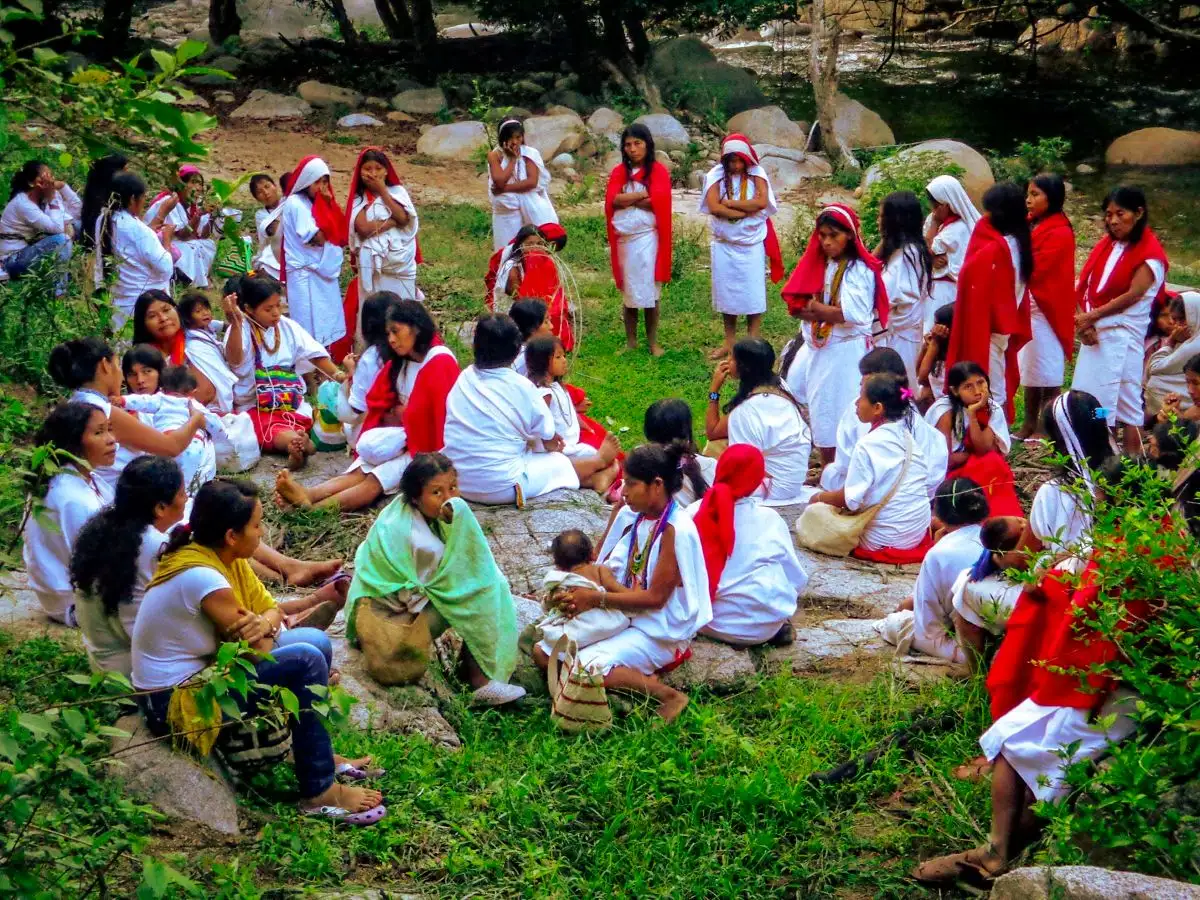

Indigenous people in the unique ecosystem of the Sierra Nevada de Santa Marta, Colombia, are taking collective action to protect their land and water sources. Credit: Delio Malo Daza / Communication Commission of Wiwa People
Latin America is the most dangerous region in the world for environmental and human rights defenders. In the last decade, more than 1,900 environmental and land defenders have been killed across the world, of which 82% have been in Latin America. Repression, corruption and authoritarian regimes are on the rise while civil society space is shrinking. Many governments are imposing restrictive laws, curbing freedoms, and targeting environmental and human rights defenders.
In countries like Colombia, Honduras, El Salvador, Guatemala, Peru and Brazil, environmental defenders, indigenous communities and human rights organisations face increasing repression and even death. Attacks often target those opposing both legal and illegal extractive and mining activities, environmental degradation and land seizures. Across the region, those defending human rights and our common home are portrayed as political adversaries.
We work together standing with those protecting human and environmental rights. That’s why civil society and the Catholic Church remain a vital force for justice, human rights and environmental protection across Latin America. But sadly, their room to act is shrinking. The work of local communities and organisations, including CAFOD local partners, has never been more at risks. Without sustained support, brave individuals - including women, indigenous, small-scale farmers and Afro-descendant leaders - and their organisations face growing threats with fewer resources to resist injustice or protect our planet.
Standing alongside human rights defenders
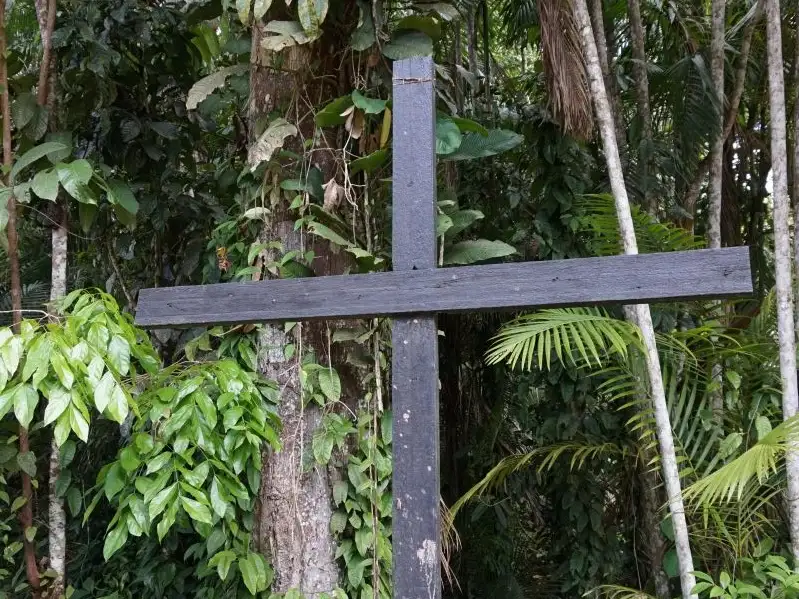

Cross in the Brazilian Amazon
Inspired by our Gospel values, we believe in the intrinsic dignity and worth of every human being. We believe everyone has the right to not just survive but to thrive. We seek justice and inclusion for all and work with our partners across the world to challenge and transform the structures that drive poverty, vulnerability, inequality, injustice and exclusion, and that harm the environment. We are guided by Pope Francis’ encyclical Laudato Si’ in which we are called to respond to both the “cry of the poor” and the “cry of the earth”.
A better world needs all of us. That’s why we work closely with our local partners alongside communities so they can protect themselves and speak out against injustice, and hold governments and extractive industries such as mining and logging accountable for any abuse, exploitation and pollution caused.
In Colombia, CAFOD is supporting human rights defenders and Indigenous communities in the unique ecosystem of the Siera Nevada de Santa Marta where they are at risk of physical and cultural survival due the ongoing armed conflict and the illicit economies that fuel it, as well as climate change. CAFOD is also supporting other human rights cases like working alongside human rights defenders linked to the Cerrejón coal mine, which has caused multiple human rights violations and environmental destruction. In the UK and internationally, we amplify the calls of the communities on the ground for justice, protection and accountability.
In Brazil, illegal gold mining threatens indigenous communities and defenders. In our recent report we pushed for stronger UK legislation to make companies accountable for the practices of their suppliers. We urged British banks and investors to withdraw funding linked to illegal mining, reduce demand for 'blood gold' and protect Indigenous communities.
In Honduras, CAFOD supports defenders protecting land and the Guapinol river from harmful extractive projects. We provide advocacy, protection measures and livelihood support to communities facing violence and repression, such as the tragic killing of environmental leader Juan López.
Remembering Juan López
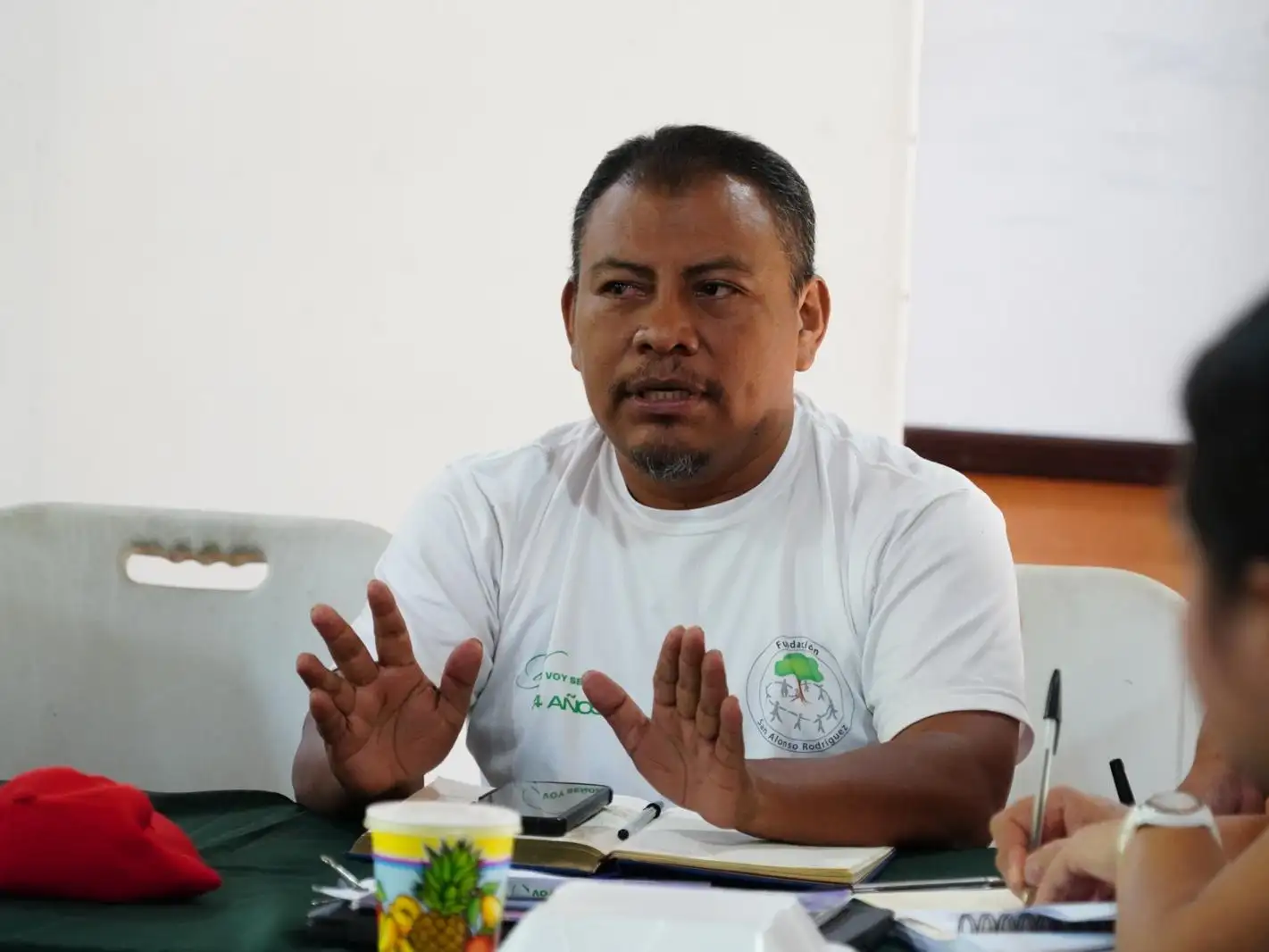

Juan López, an anti-mining activist in Honduras. Photo credit: Radio Progreso
In September 2024, environmental activist Juan López was shot dead by several men as he travelled home from church. CAFOD continues to join with others in Honduras and around the world calling for justice over his death.
Paz Redondo, CAFOD’s Country Representative for Central America, said:
"We continue to mourn the loss of our friend and brother Juan López and call for all those involved with his murder to be brought to justice. Environmental and human rights defenders protecting our common home are innocent targets in places like Honduras."
Stronger laws to prevent human rights abuses


Deforestation in the Amazon rainforest, Brazil. Credit: Evilene Paixao, Partner Hutukara Yanomami Association (HAY)
CAFOD is calling for strong UK and international laws to prevent human rights abuses and environmental harm, and to hold companies accountable – especially across their global value chains. Alongside others, we are collectively urging the UK government to provide greater support and protection for human rights defenders. We continue to support local partners in Latin America who work to ensure that environmental and human rights defenders have access to information, can participate in decision-making and can access justice. Protecting those who defend people and our common home must be a global priority.
Aid cuts and political pressure are already limiting the reach of life-saving programmes. By continuing to stand in solidarity, CAFOD supporters help fund those on the front line. Now more than ever, it’s essential to raise awareness, support stronger protections, and hold governments and companies accountable.
We cannot afford to look away. Now is the time to stand with those defending life, land and dignity.


